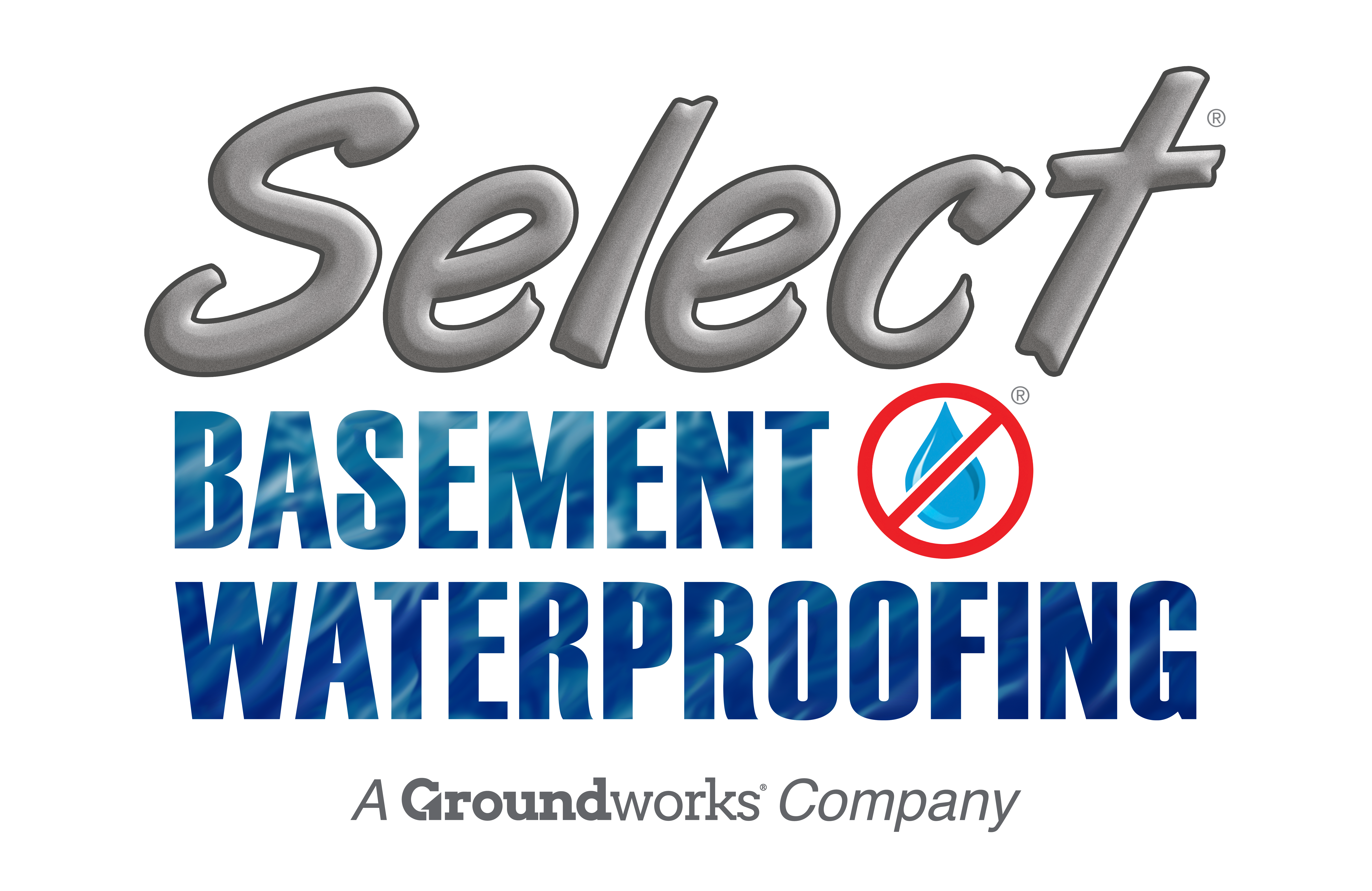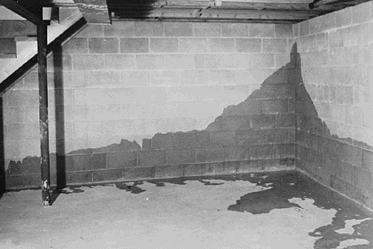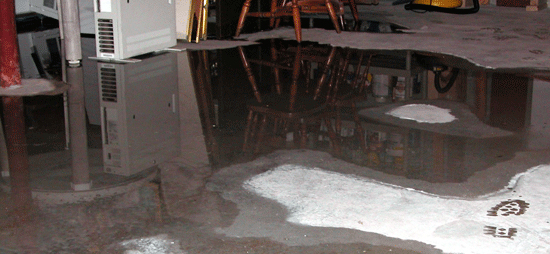Basement Leak Warning Signs
Standing water is not the only evidence of a leak in your basement. Leaks can be slow, seasonal, and dry up before you even notice. You may never catch puddles on the ground even though you indeed have a basement leak. Sometimes your basement is letting in a small amount of water in the form of moisture, water vapor, or humidity. Water in the air is still water and can cause problems in your home.
Here are five signs your basement may be leaking:
1. Odors
That common dank, musty smell in the basement is a sign your basement may be leaking. Those odors are commonly caused from biocontaminants created from a wet environment. Sometimes the smell is from mold and mildew growing behind the walls or under the carpet pad. While you may not be able to see the problem or find a visible and active leak, the musty smell is a sign of trouble. Even though you may be tempted to fix the symptoms don’t try to mask the odors with air fresheners. That will not solve your water problem. A professional waterproofing contractor will know where to look and where to find the problem in order to solve it.
2. Water Stains
Sometimes you may have a leak but never see anything but water stains on the concrete floor or foundation wall. Even though it is dry right now, a water stain means that “water was here”. Don’t ignore the problem because if water was there, it will be back.
3. Visible White Powder
Efflorescence, the white powder on a concrete block is formed when water reacts to the cement block. If you see this efflorescence on your foundation wall inside or out, it is a sign you may have a basement leak.
4. Rust
Rust is another scientific reaction that needs water to form. If you see rust forming on the basement floor or under metal chair legs, it may be a sign that your basement may be leaking.
5. Mold and Mildew
If you see visible mildew and mold growing on your walls, then you definitely have a water issue. Mold needs water in order to grow. It cannot live in a dry environment. Therefore, mold and mildew, even one spot, is a sign you have water issues. It may be a sign your basement is leaking or that the relative humidity is too high for some reason. Either way, a professional waterproofing contractor can inspect your basement and let you know what is causing the issues.
Don’t ignore these signs of water problems in the basement. If you leave a water issue alone, all it does is get worse! And letting a basement leak get worse will only cause more damage and cost more money to fix. Contact us for a FREE Estimate!


